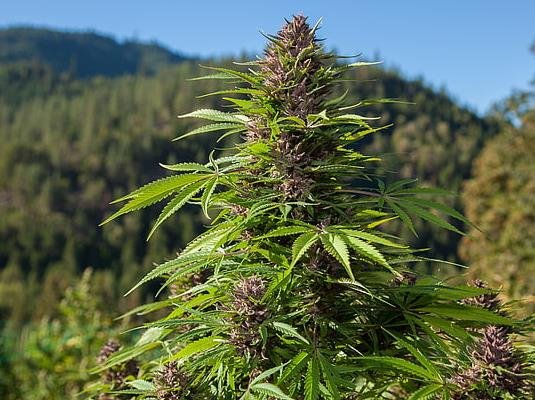Alabama’s stalled medical cannabis program just got a major boost. A state appeals court has lifted a temporary restraining order that had frozen the licensing process for over a year, paving the way for long-awaited progress. But after months of lawsuits and setbacks, will things finally move forward?
Court Decision Ends a Lengthy Delay
For Alabama’s medical cannabis industry, Friday’s ruling by the Alabama Court of Civil Appeals was a breakthrough. The court overturned a legal hold that had stopped the Alabama Medical Cannabis Commission (AMCC) from issuing licenses, a process that had been entangled in lawsuits since 2023.
The ruling effectively removes a major roadblock for the AMCC, which has struggled to get the program off the ground since state lawmakers approved it in 2021. The delay began when multiple companies sued, arguing that the AMCC violated Alabama’s open meetings law when it first awarded licenses. Those complaints led to the licensing process being scrapped and restarted multiple times.
John McMillan, the AMCC’s director, welcomed the court’s decision, saying it should help the commission “finally complete the licensing process” and allow medical cannabis products to reach the patients who need them.

Patients Have Waited Long Enough
For patients, the wait has been frustrating. The law passed nearly three years ago, yet Alabama still doesn’t have a functioning medical cannabis system. The program is meant to help people suffering from serious conditions like:
- Cancer
- Epilepsy
- HIV/AIDS
- Parkinson’s disease
- Post-traumatic stress disorder (PTSD)
- Chronic or intractable pain
But without licensed businesses to grow and sell cannabis, patients have had no legal way to access the treatments they were promised. McMillan acknowledged their frustration, calling the court’s decision a step toward finally delivering relief.
What’s Allowed Under Alabama’s Medical Cannabis Law?
Alabama’s medical cannabis program is among the most restrictive in the country. Unlike some states where patients can buy cannabis flower or edibles, Alabama only permits certain forms of consumption.
The approved product list includes:
- Tablets
- Capsules
- Tinctures
- Gels and creams
- Transdermal patches
- Inhalers
However, smoking, vaping, and traditional edibles like brownies or gummies infused with cannabis are strictly banned. The state has also set strict rules on how products can be dispensed, limiting access to only state-licensed dispensaries.
What Happens Next?
Even with the legal roadblock lifted, Alabama’s medical cannabis program isn’t launching overnight. The AMCC still needs to finalize licensing and ensure that businesses comply with all state regulations.
There are also concerns about how long it will take for licensed businesses to actually get products into the hands of patients. Growers, processors, and dispensaries still need time to set up operations, pass inspections, and receive final approvals.
And with the legal fights that have already slowed things down, there’s always a chance that more lawsuits could emerge, adding yet another delay.
For now, though, the Alabama medical cannabis industry is finally moving again. Whether that momentum leads to real progress—or more obstacles—remains to be seen.
